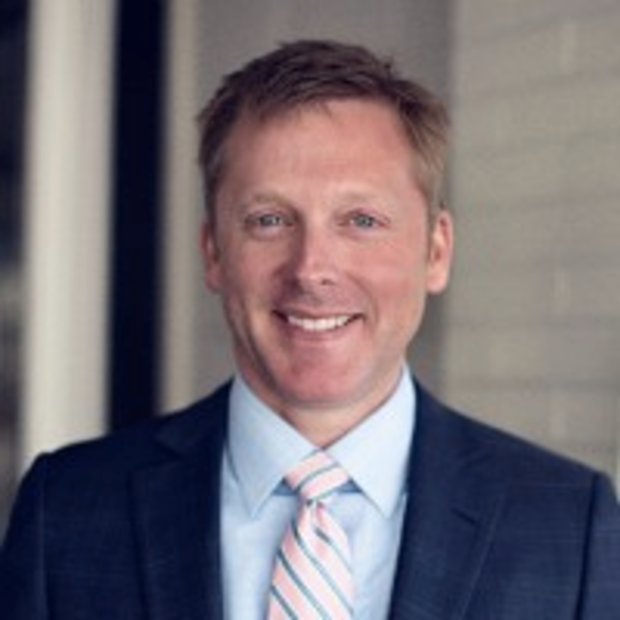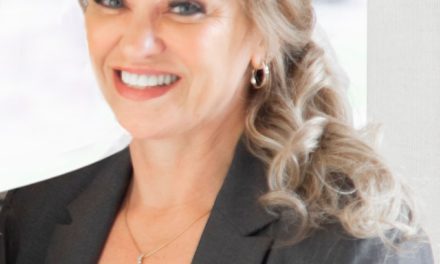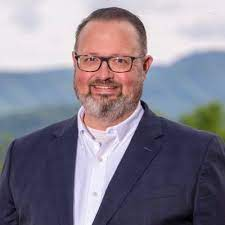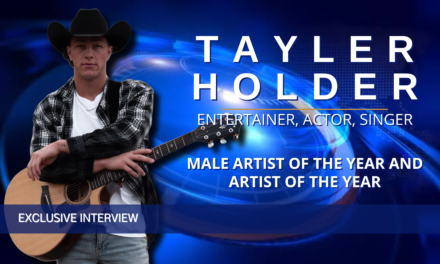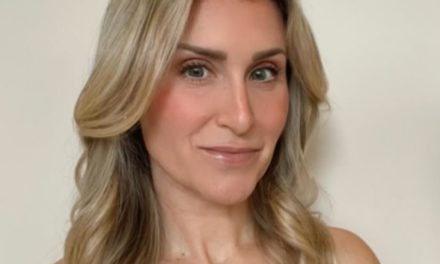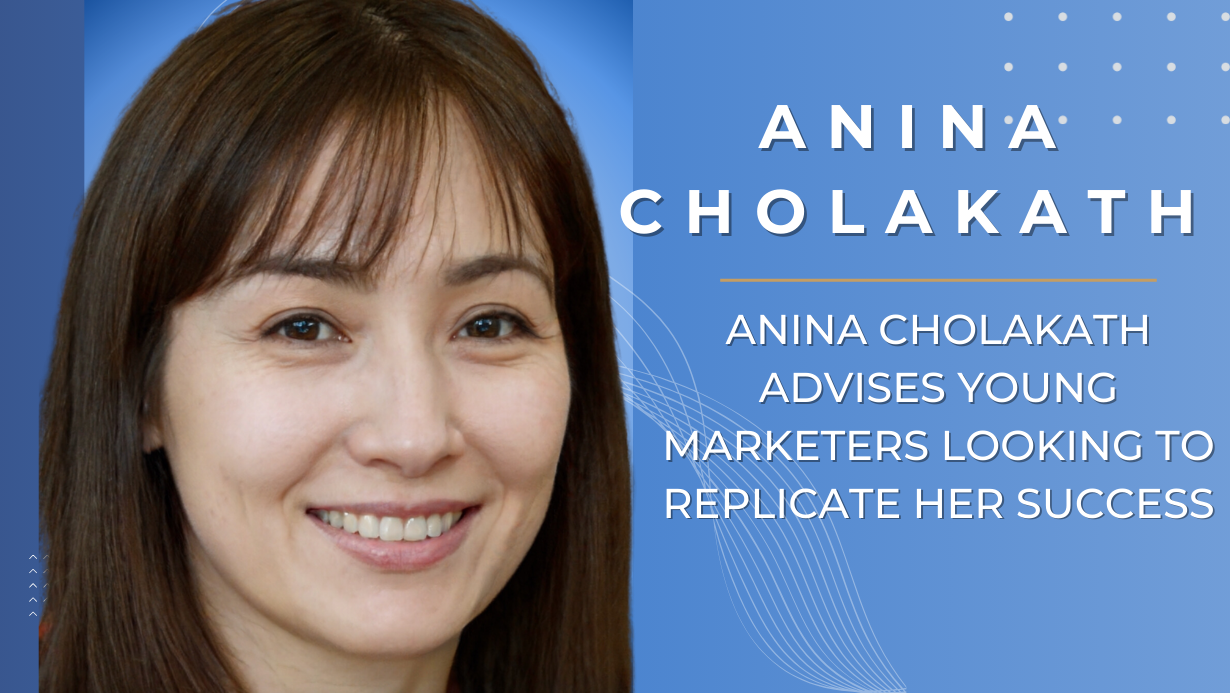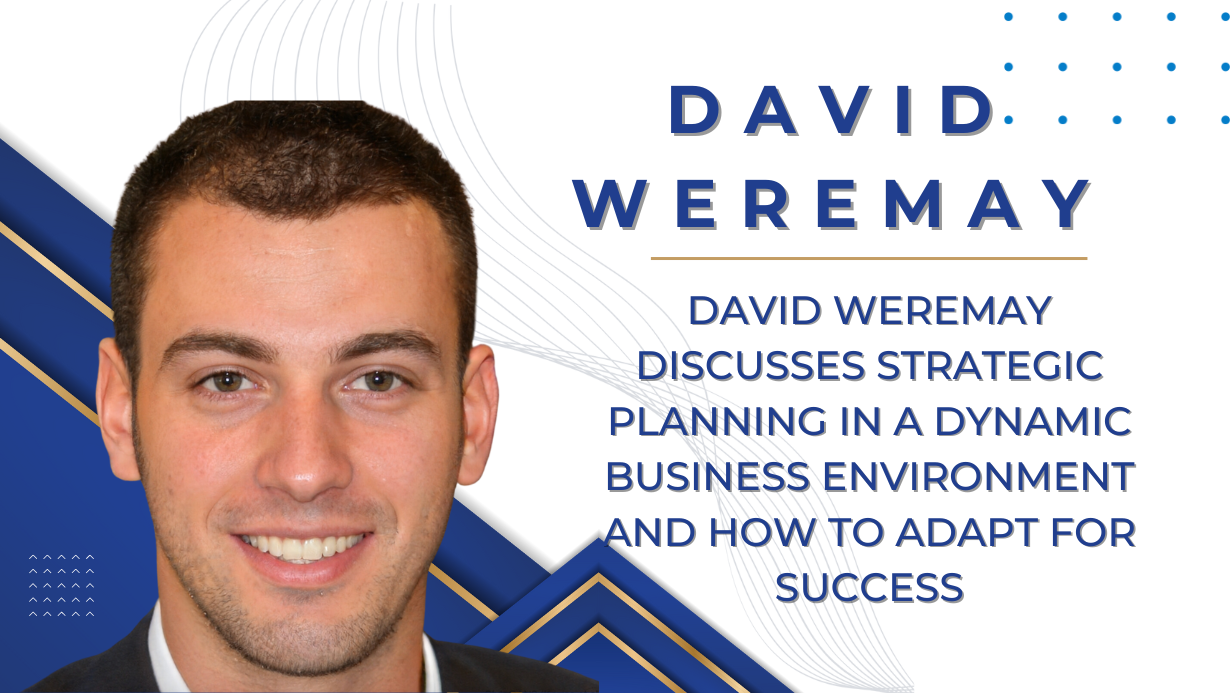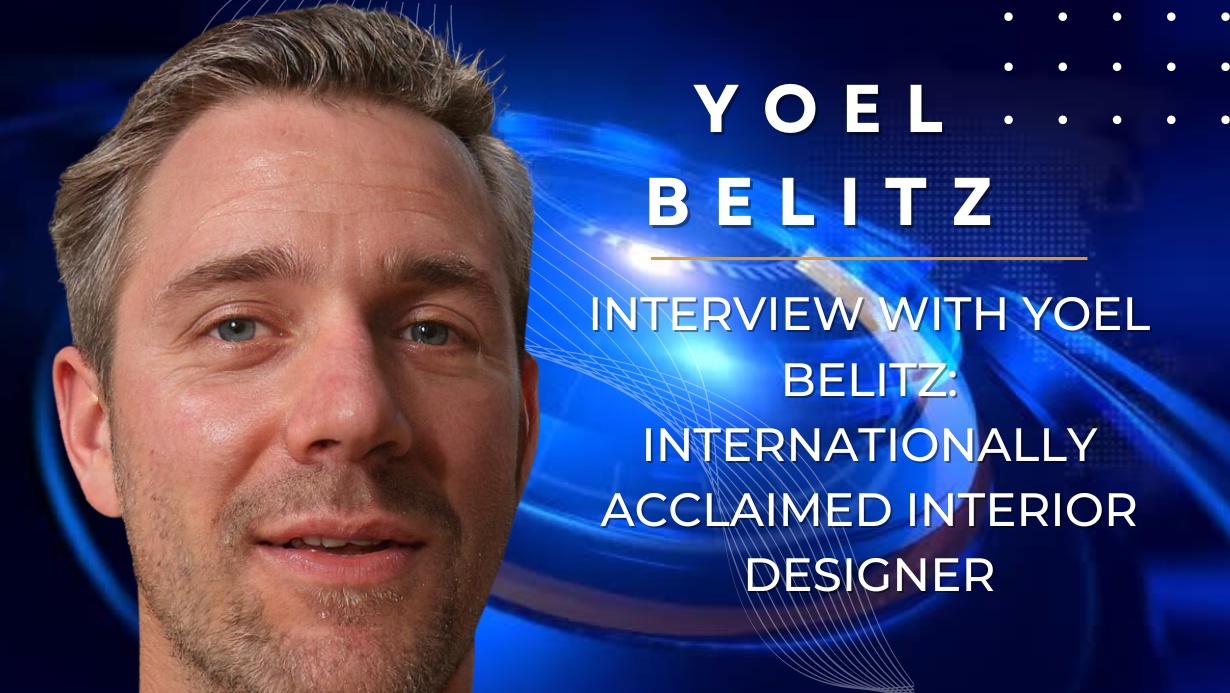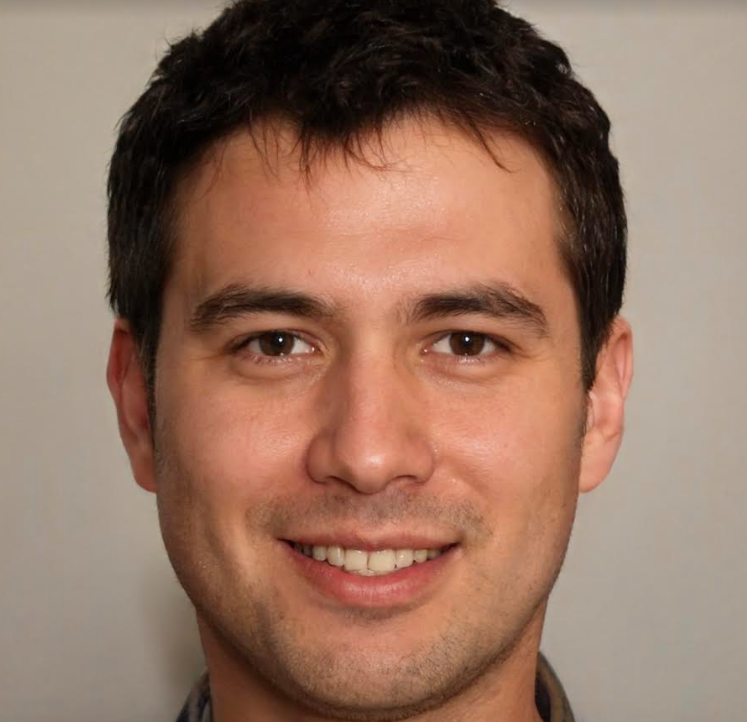When it comes to being out in the corporate and legal worlds, Scott McCoy has been there, done that. As General Counsel and Managing Partner of Cold Springs Partners in Denver, he is no stranger to what it takes to succeed as an LGBT lawyer in a predominantly straight world.
In this interview, Scott McCoy talks about his experiences as a gay lawyer across various industries, gives advice on how to be out as a corporate lawyer, and shares his thoughts on the current state of LGBT issues in the United States.
I understand that your law school recently honored you as a notable LGBT alumnus. Were you out (openly gay) in law school and if so how did your classmates react to that?
Yes, I was out in law school. Although of course I was in law school to study law and I was primarily focused on that, I believe that being true to yourself is important and that included being open about my sexual orientation with friends and classmates.
While one never knows exactly what others think, I never really had any serious problems with that in law school. My classmates were overall very accepting athough I can think of a few overtly homophobic comments that I heard – this was the the 1990s so a while ago. Overall, it was a positive experience and I’m proud to have been honored by my alma mater the University of Houston Law Center. UHLC has done a tremendously good job of welcoming diverse students since its founding and LGBT law students are definitely welcome there.
After law school, you started work in Houston as an attorney in the energy sector. What was it like being gay and working in the oil & gas industry in Texas back in the 1990s?
The oil & gas industry in the late 1990s was definitely becoming much more professional and less “cowboy” than it had been in the 1980s, before the oil bust, but was still a fairly conservative world. When I started work in Houston , it was definitely not as socially acceptable – and really quite risky – to be openly gay, at least with more senior colleagues. There were plenty of other LGBT folks working in oil & gas but it seems that most folks were at least discreet about their sexual orientation back then.
Already by the 1990s, most people – even in Texas – were aware that overt homophobia was wrong and so were careful with their words but I do recall some instances of anti-gay discrimination early on in my career. I was fortunate to work for companies like ExxonMobil that prohibited discrimination of all types, including towards LGBT employees. Overall, it was a positive experience and I’m proud to have been a pioneer – even if accidental – in an industry that is now much more diverse.
Speaking of Texas, there are prominent voices in state politics calling for a return to laws restricting gay marriage and other LGBT civil rights issues. I understand you were involved in Texas politics back in the late 1990s, what was that like?
In the late 1990s, I was indeed involved in politics, both on the local and state level. I worked on several campaigns, lobbied the state legislature in favor of gay rights, and was elected as a Republican precinct chair in Houston. It was a challenging and rewarding experience and I found a lot of interest in the subject and curiosity from both Republicans and Democrats at the time. I don’t know that that same level of openness prevails today as the positions of politicians on both sides seem to have hardened and elected officials are so fearful of the media and the power of the internet to criticize deviations from party line. But back in the day, we may not have won every battle but we made a lot of progress in increasing acceptance and understanding.
These days, I’m happy to see in general that the tide of public opinion and has turned and that LGBT rights are becoming more accepted. Even in Texas, despite the nonsense spouted by some politicians, I believe this is a trend that will continue across the country.
Eventually, you moved from oil & gas to aerospace and defense and were General Counsel of a major contractor to the Department of Defense and other federal agencies. Did you find that industry, defense, to be especially challenging for LGBT lawyers?
No, I actually found the defense industry to be quite accepting of the LGBT employees and issues. This was especially true in the Washington, D.C. metro area, where there is a large population of LGBT folks in the military and working in the government and defense contracting.
One of the challenges LGBT folks do face in this industry was that many of their clients and/or co-workers are located in other parts of the country where LGBT people are not as accepted as around DC. But then again that is not an issue unqiue to the defense industry and, increasingly, people in all regions are quite accepting of LGBT people.
That said, it is often a pleasure to “bust stereotypes” about LGBT folks and LGBT lawyers. Being out, as LGBT members have shown in the military, has helped to break down barriers and help create a more inclusive environment in the defense industry and elsewhere. It’s hard to be biased against a group when your friends and trusted co-workers are a part of it.
You mentioned that you enjoy busting stereotypes about LGBT folks . Was that the motivation for buying and operating your cattle farm, Cold Spring Farm, in Virginia? That would seem to be a major stereotype buster for a gay Washington lawyer!
You’re absolutely right, it is a bit of a stereotype buster but that wasn’t at all a part of the motivation! I’ve always been interested in farming and ranching so when I had the opportunity to buy Cold Spring Farm, I jumped at the chance.
Running a farm is a lot of work, even part time, but it’s also very rewarding. I’m proud to be able to show people that LGBT folks can be successful in any field, even something as traditionally “non-traditional” as farming and ranching.
I think it’s important for people to see that LGBT people come from all walks of life and that in most ways we’re just like everyone else. We have the same hopes, dreams, and aspirations. And can bail hay as well as anyone else!
You now work at and run your own successful private equity and consulting firm. How has being an LGBT entrepreneur impacted your business, if at all?
It’s hard to know because I don’t know the alternate universe (being straight) but I do think being an LGBT entrepreneur has had a positive impact on my business and on my openness and understanding of people with backgrounds different from mine. I’m proud to be able to show other LGBT business owners that it is possible to be successful in the business world.
In addition, I think my experience as an LGBT person has given me a unique perspective that I can bring to my clients and the companies in which we invest. I understand the challenges and obstacles that LGBT people face in both their personal and professional lives and many of those same lessons are applicable in the business world.
I’ve found that my understanding of the LGBT experience has made me a better business person and has helped me to connect better with some of my clients and investment targets. I’m proud to be able to use my experiences to help others achieve their goals.
Are you still involved in supporting LGBT issues, especially in the political arena?
Yes, I’m still involved in supporting LGBT issues. I believe it’s important to continue to push for equality and justice for all people, regardless of their sexual orientation.
I’m also proud to be a part of organizations that support LGBT youth. I believe it’s important to give back to the community and to help ensure that future generations of LGBT people have the opportunity to live their lives openly and without fear.
Given your success as an openly gay lawyer and, especially, as general counsel, what advice do you have for younger LGBT attorneys and do you ever take on mentees?
My advice for younger LGBT attorneys is to be true to yourself and never give up on your dreams. It’s important to find a career that you’re passionate about and to never let anyone tell you that you can’t achieve your goals.
As I’ve said earlier, I’m proud to be able to show other LGBT attorneys that it is possible to have a successful career. . I’m always happy to talk with young lawyers and to offer any advice and guidance that I can as well as learning from them and the challenges and successes that they have.
I believe that mentoring is an important part of giving back to the community. I’m proud to be able to help future generations of LGBT lawyers to achieve their goals and to make a difference in the world.
If a young lawyer is interested in being mentored by me, please reach out to me via my website or LinkedIn. I’m always happy to chat with younger attorneys about their career goals and aspirations.
On a lighter note, I hear that you are also a DJ and have produced several sold-out dance parties for mostly LGBT audiences in Denver. How did a lawyer learn to DJ and organize large art and music events and how do you stay up so late?
I’ve always loved music and have been DJing for a couple of years now. I actually got my start as a DJ by spinning at LGBT events. I love being able to provide a safe and fun space for people of all types to let loose a bit and have a good time. Plus it is always good to learn new skills, so why not DJing?
Organizing large art and music events is definitely a lot of work but it’s also a lot of fun. I’m lucky to have a great group of people who help plan and execute these events which have been much more successful than we would have ever imagined.
As for staying up late, the key is planning, like taking a nap earlier in the day and getting several nights of good sleep beforehand! Enjoying what I’m doing, in this case being a DJ and event organizer, is of course also important. I love to see people having a good time and appreciating the music, so I guess that keeps me going too.
What do you believe is the biggest challenge facing LGBT lawyers today and what do you see as the solution?
I believe the biggest challenge facing LGBT lawyers today is the threat of regressive laws and the increase in anti-gay rhetoric in some state’s political sphere. Even though the vast majority of Americans do not agree with this push and I believe it will fail in the end, the language being used by some does have a negative impact on LGBT Americans, including lawyers.
That said, I think it’s more important than ever for LGBT lawyers to be out and open with their co-workers, friends, and clients. In many cases, sexual orientation may not come up, which is fine, but LGBT lawyers should be visible and demonstrate that we’re capable of succeeding in all aspects of our lives. As a small minority group, at times it is our obligation to educate others about who we are. We also need to be visible in the legal community and show that we’re successful, competent, and talented. Visibility is the key to changing hearts and minds and to achieving equality and justice for all – not just for LGBT lawyers but for folks of all sexual orientations.
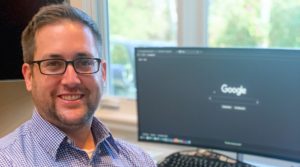
Interviews and PR by Matt Peters and Team.
https://searchmanipulator.com
